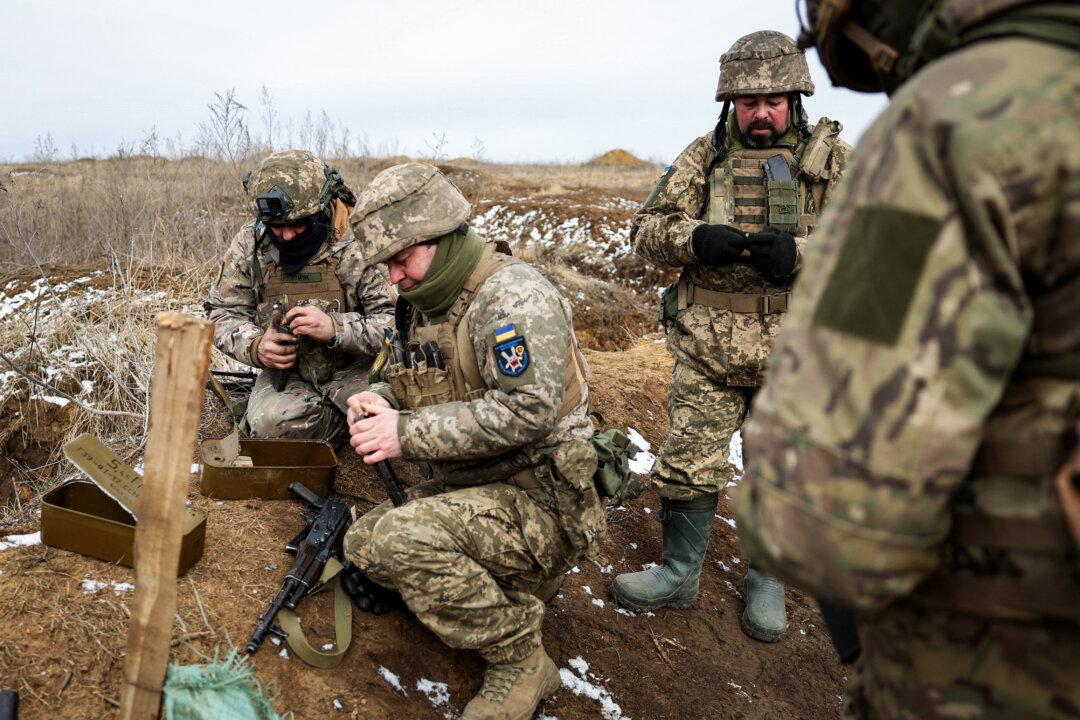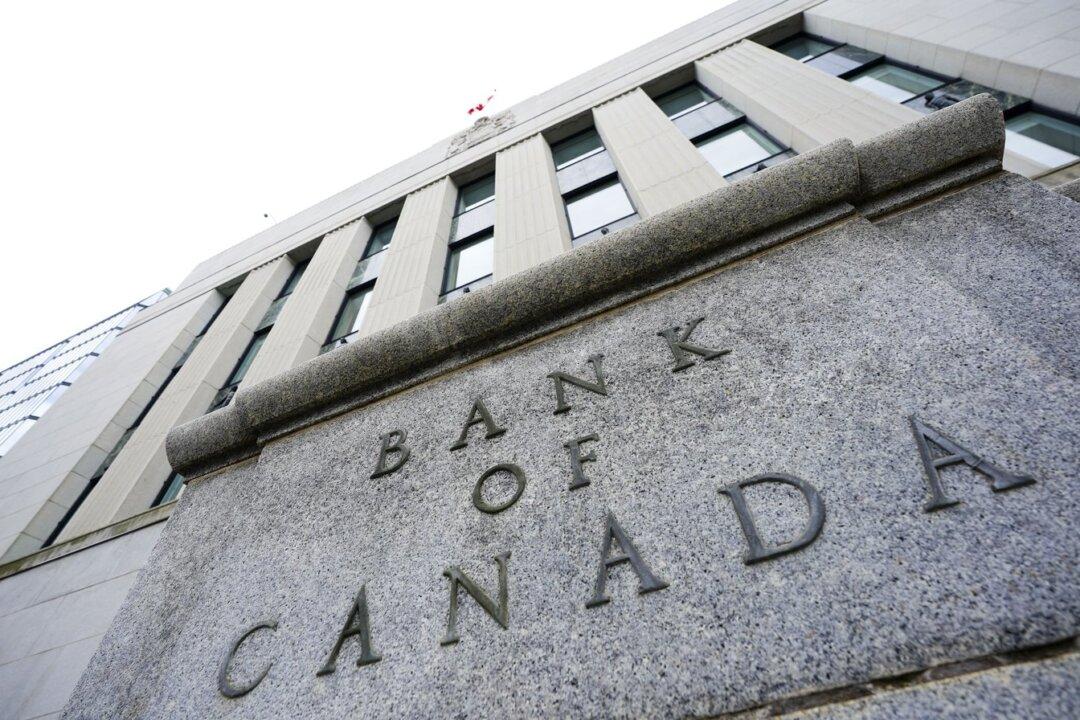When Canada announced $3 billion in aid to Ukraine on the anniversary of its invasion by Russia in February, one item that drew some attention was a $4 million allocation for “gender-inclusive demining” in Ukraine.
ANALYSIS: Canada, Allies Push ‘Gender-Inclusive’ Aid to Ukraine as War Maims, Kills Mainly Men

Ukrainian servicemen prepare their weapons during a military training exercise near the front line in the Donetsk region, on Feb. 23, 2024. Anatolii Stepanov/AFP via Getty Images




